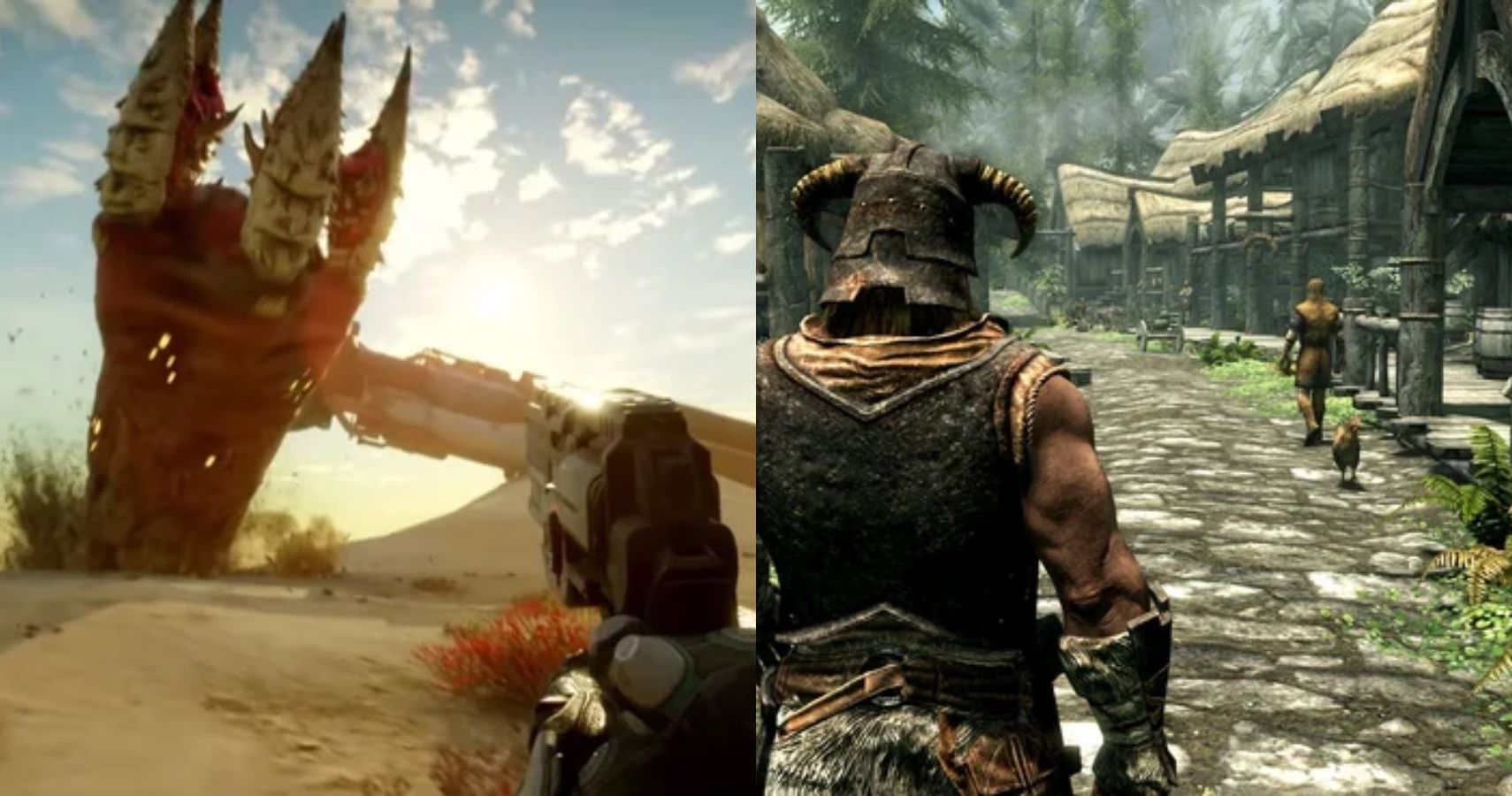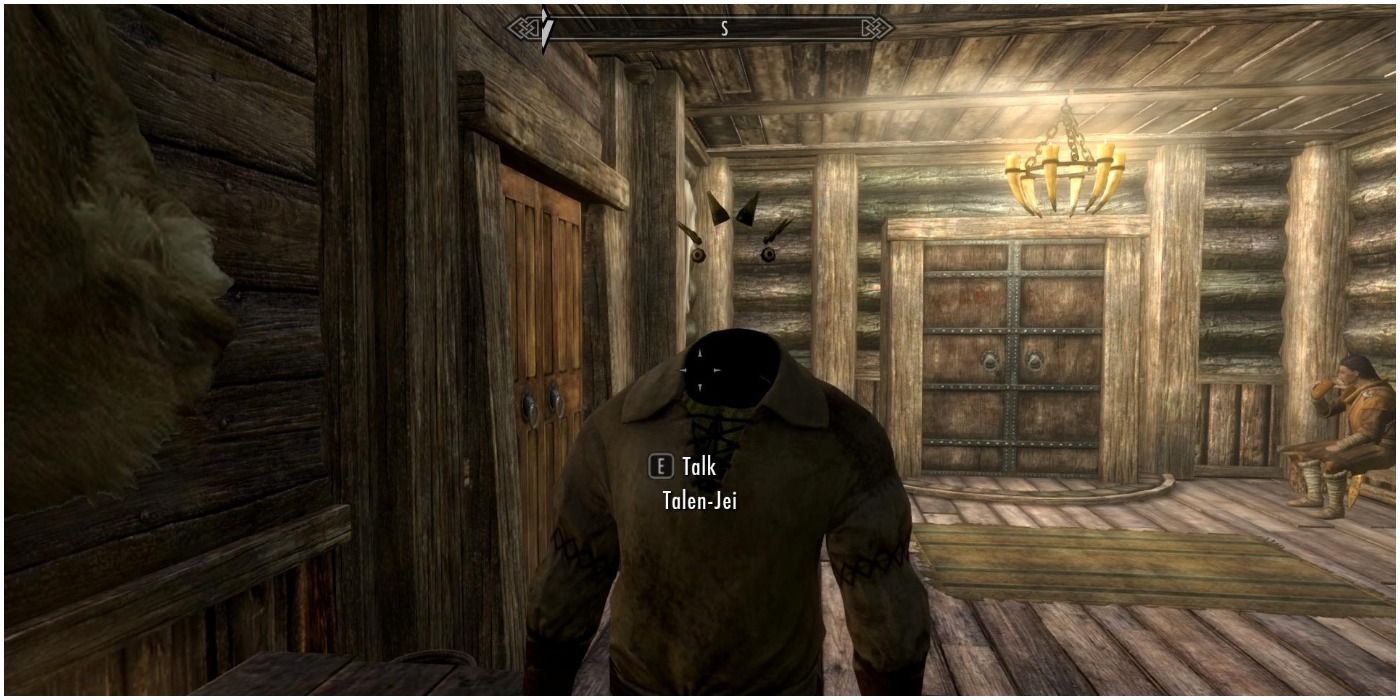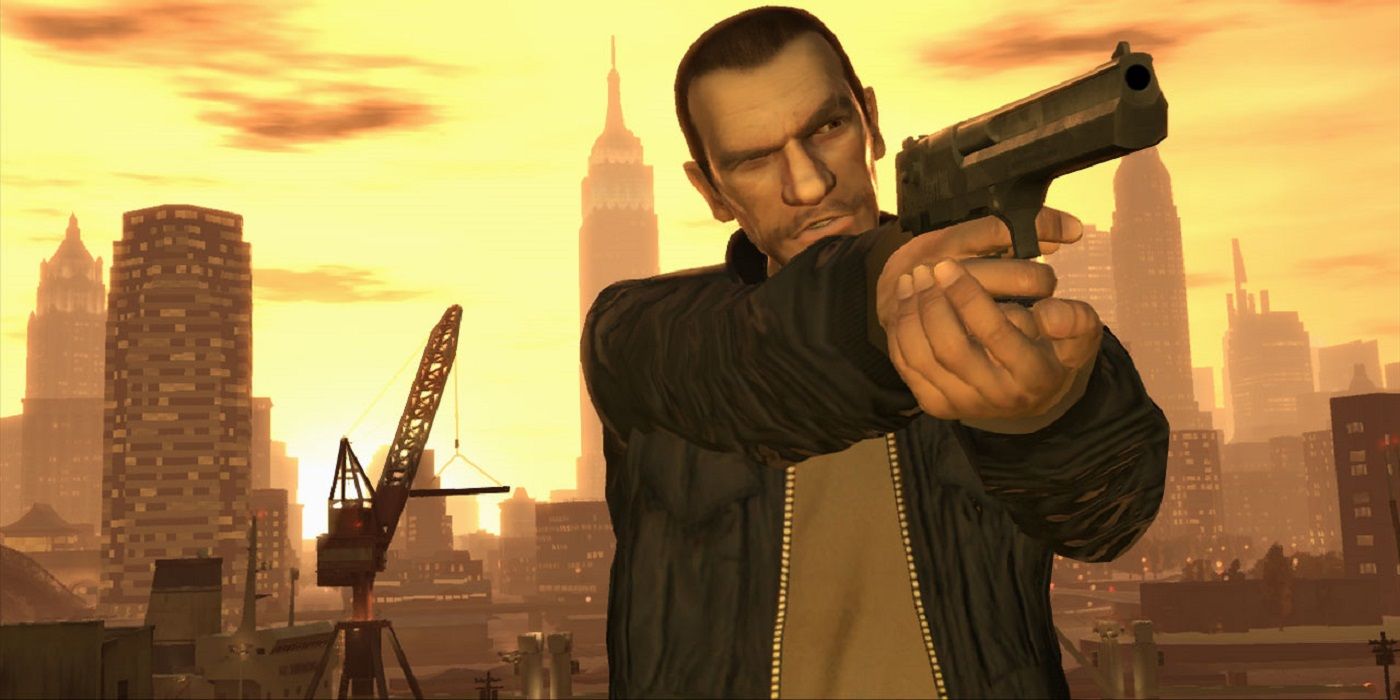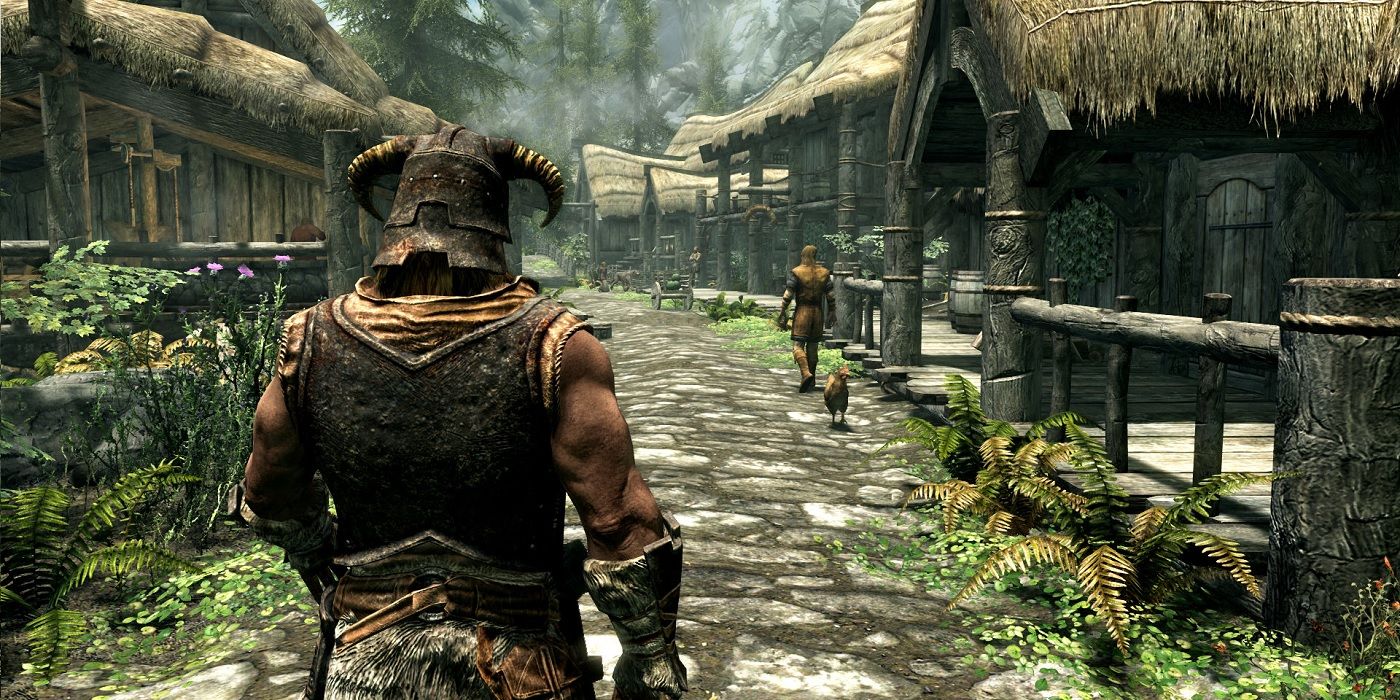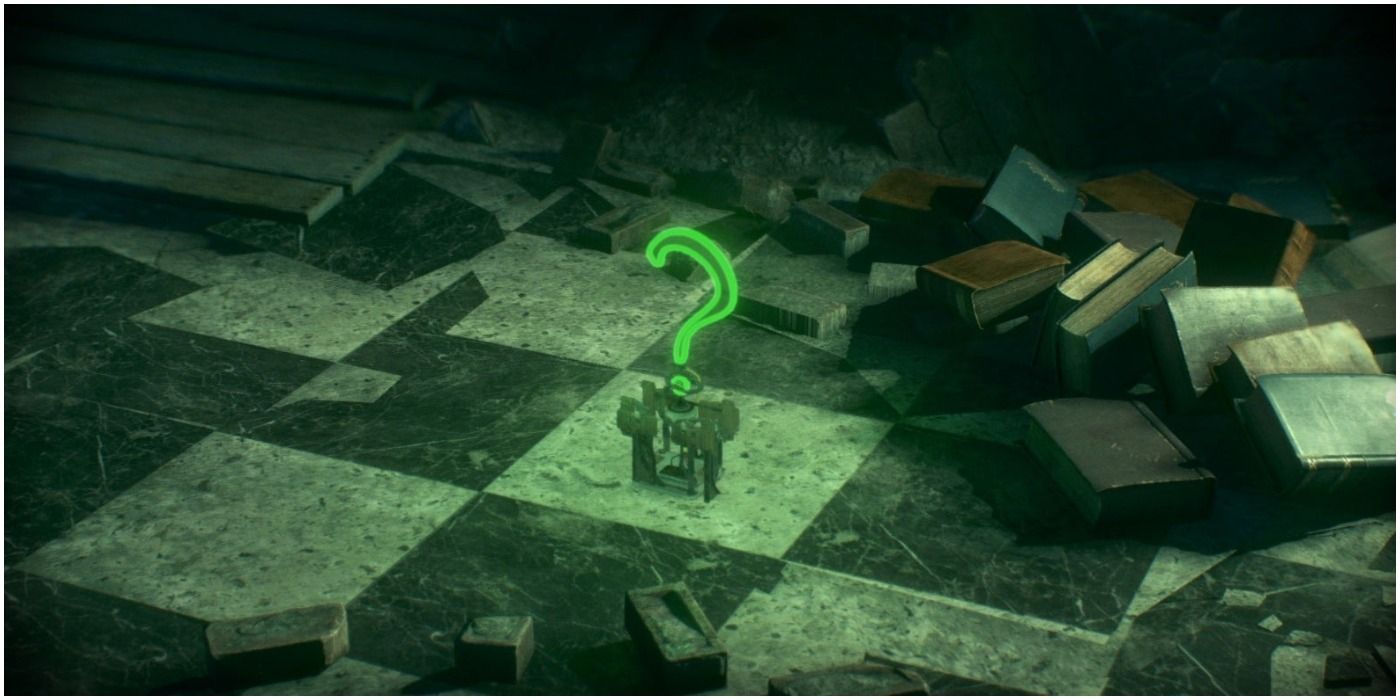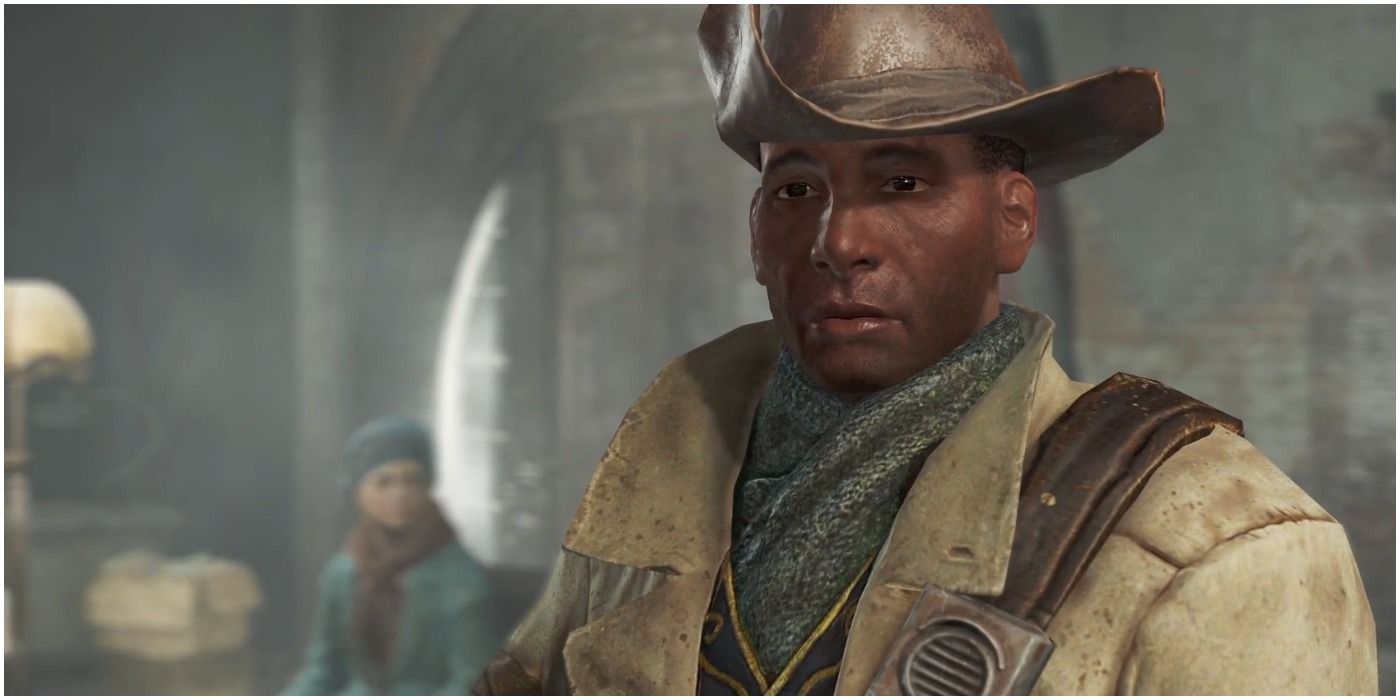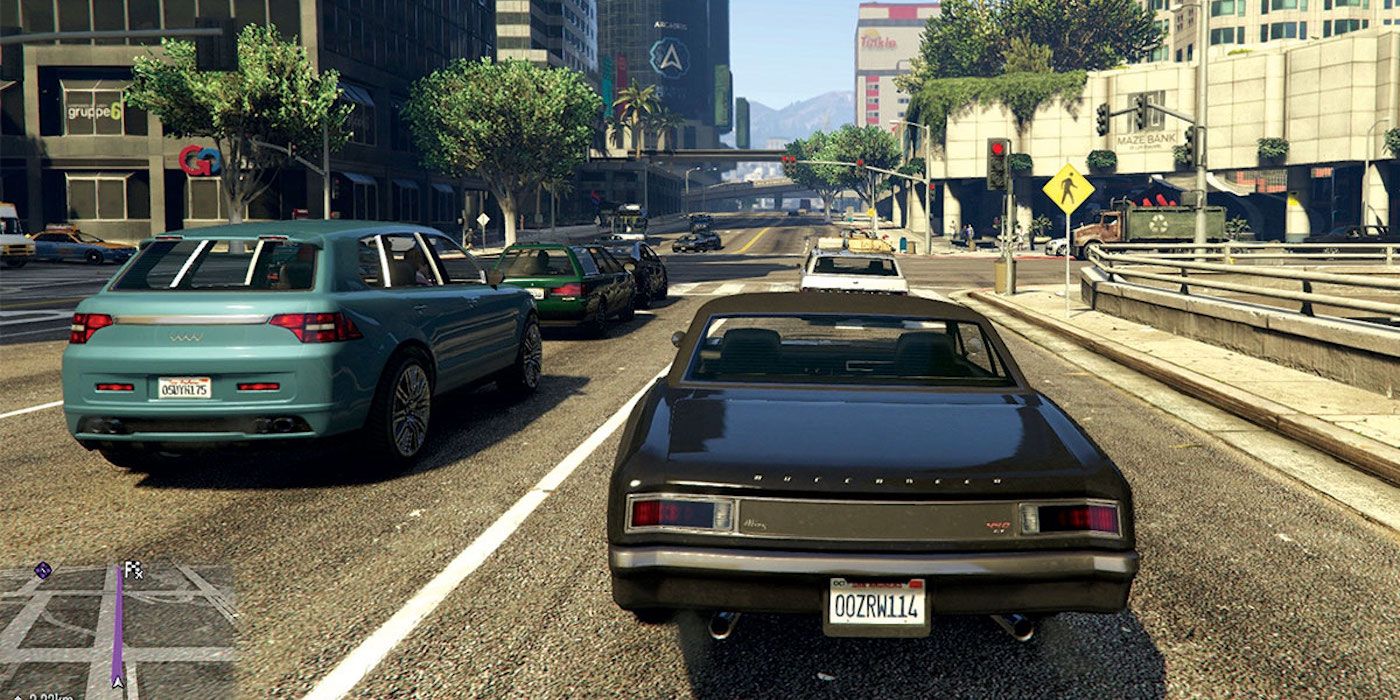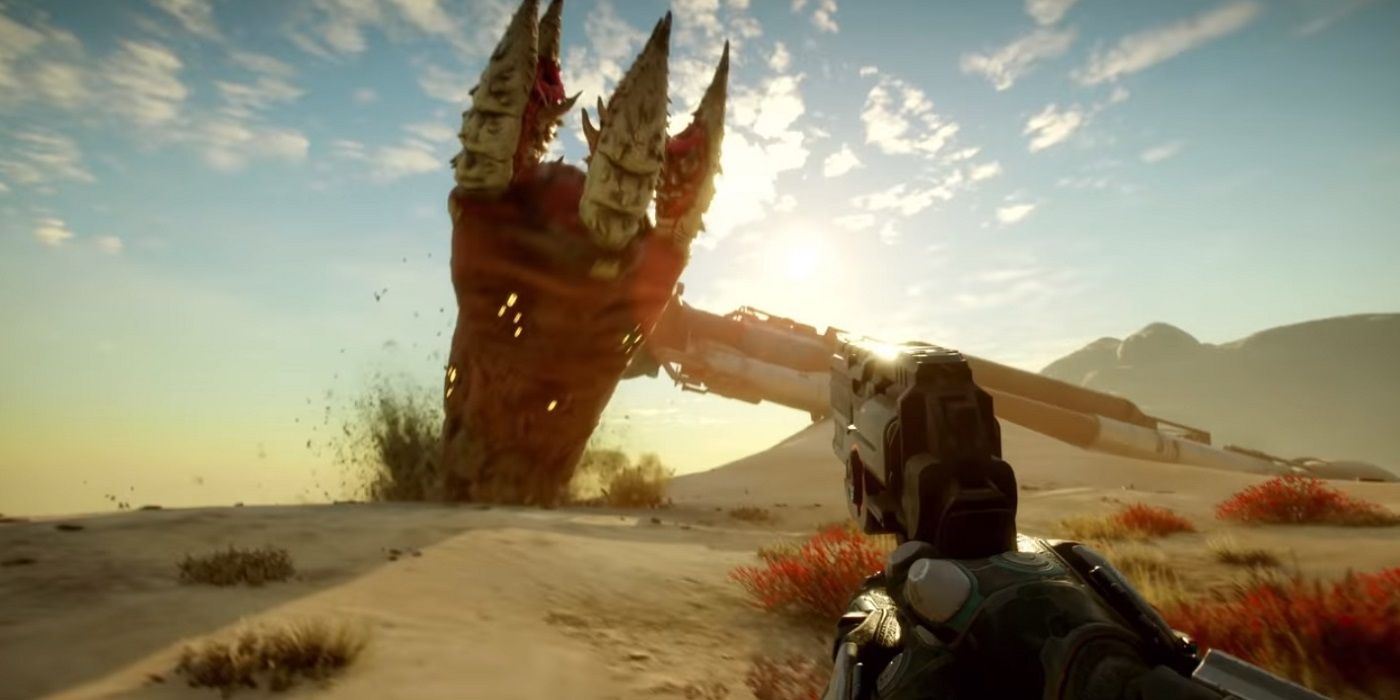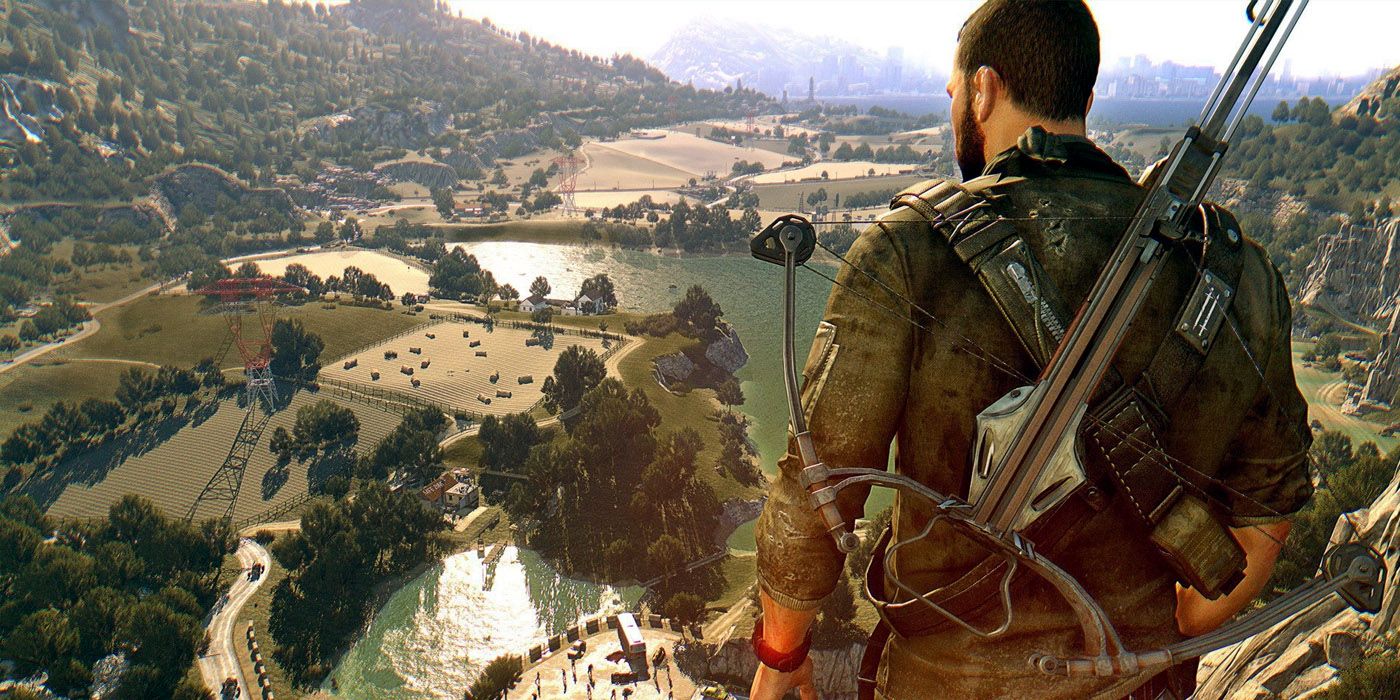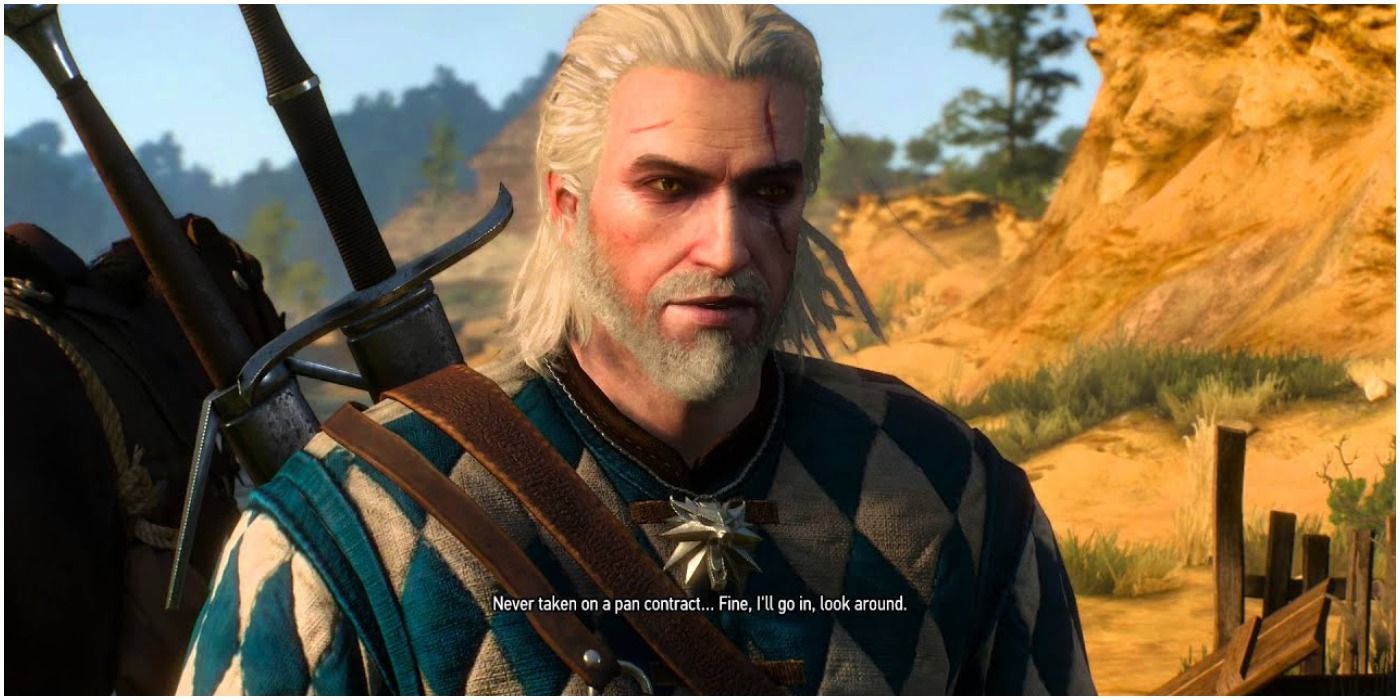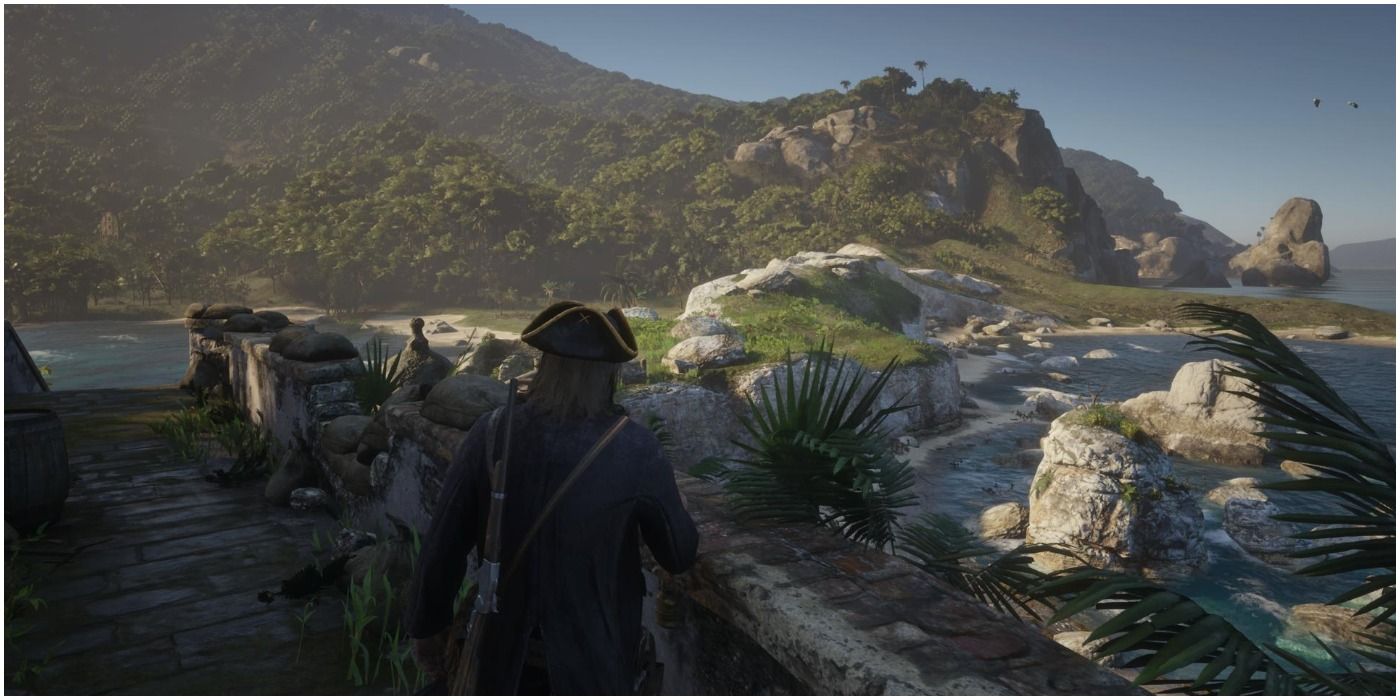The open-world genre has evolved through the years, with developers now able to create fully realized worlds with immense detail. The biggest appeal of this genre is the freedom players to have to jump into this sandbox and do whatever they want. For the most part, this is a good thing as sometimes it’s nice to just get lost in this virtual world.
However, there are many aspects of the genre that can hurt a game overall. There are many instances of a game that was created strictly as an open-world to appease the market or to just increase playtime. To put it simply, not every game has to be open-world. When it works, it can be tremendous. Other times, though, it was completely unnecessary and these are the things wrong with the genre as a whole. Here are 10 massive problems with open-world games that we need to admit.
10 They Typically Have The Most Glitches And Bugs
A highly detailed open-world requires a lot of processing from the game engine. If you have a game as massive as Ghost Recon: Wildlands, for example, things are bound to go wrong. With all this freedom to screw around, the game may not handle a certain action the way the player intended, resulting in a nasty glitch or bug that can ruin the experience.
If the game’s story doesn’t service an open-world, then all those bugs feel like something that could’ve been avoided if they had stuck to a linear game where every detail is easily hand-crafted.
9 Story Disconnects From Player Actions
There’s nothing wrong with causing complete chaos in a virtual world. The problem is, with all that freedom in between missions, it can disconnect the character arc from the player’s actions. For the most part, the player character is seen as a hero. You will save the day and the world will be a better place because of it.
Just ignore the fact that you massacred an entire city two hours earlier. Even when a game has a morality system, it still doesn’t justify the character by the end as their cutscene presence is much different than when you’re in gameplay.
8 The World Doesn’t Properly React To What You Do
Going off the last entry, it also doesn’t make sense that the world doesn’t fully react to your actions. You could literally kill every NPC in a town. Even if you got some sort of bounty on your head, you can just pay it off minutes later and all is somehow forgiven. To be fair, developers are doing their best to create virtual worlds where every minute-to-minute action has consequences.
A game that attempted this the best is Red Dead Redemption 2, although that bounty example still applies there. The NPCs may look at Arthur differently because of what he did, yet it still feels like all is well after he paid a few hundred bucks.
7 Pointless Collectibles
As a completionist, it can be very frustrating to know that there are hundreds of collectibles that may be tied to gaining 100% on a game. The thing is, these collectibles sometimes hold no purpose to the story. It’s just a deliberate way to artificially increase playtime and for the developers to say their game is much longer than it actually needs to be.
Even if the collectibles are required for progression, it just feels like they’re purposely requiring players to grind and collect. The most notorious example of this is Arkham Knight’s Riddler Trophies, which gated off the “true ending” until you finished them. Don’t lie, most of you just looked it up on Youtube.
6 You're Just Running Errands For Everyone
Many open-world games follow a similar structure. You need something from a certain NPC, who only agrees to it if you do them a favor. It’s been used countless times and hasn’t gone away. Even of 2019’s best games, The Outer Worlds is very guilty of this.
Doing errands isn’t necessarily a bad thing as it can sometimes bring on fun missions, but it just feels like every single character relies on the player character to do every little thing. “Dragonborn! We need you!”
5 Navigating Soon Becomes A Chore
When it’s an open-world game, you’re going to have to travel to different locations on the map. Certain games do have good fast-travel systems but you’ll still feel inconvenienced having to go across the map at other times. Having to drive your car to the other side of the map soon feels like actual travel when you’d much rather prefer to start the mission.
The only game that has a good traversal system is Marvel’s Spider-Man due to how good the web-slinging feels. Ironically, it has a really good fast travel system compared to others in the genre, yet no one wants to use it since swinging around the city is so cathartic.
4 Too Much Empty Space
Certain games were not meant to be open world, which you can clearly see if the game is just filled with a giant open space riddled with locations. A prime example of this is Rage 2. Rage 2 did not need to be an open-world game as you’re just spending so much traversing the empty map to go from location to location.
It feels as if they just threw darts on a map and gave it to random locations. This was a shame because the game had an excellent combat system. It should have been a linear style game as all people wanted to do was shoot guns and dismember psychotic bandits.
3 Messes With Story Pacing
With all the freedom that open-worlds grant, players tend to end up ignoring the main story in favor of side missions. This ends up making the main campaign feel irrelevant as there’s no sense of urgency.
Your character could get a call that someone they know is being held hostage, yet you’ll have all the time in the world to get there. There’s no rush, just go ahead and pick some flowers for that random side mission. Even if you waited for 2 days, your friend should still be there as if it's only been a few minutes.
2 Missions Become Quality Over Quantity
It can be nice knowing you have a ton of missions to do, giving you so many hours of game time and a bang for your buck. That being said, with so many missions, the quality is going to differ. It soon becomes a matter of quality over quantity. Instead of a small number of consistently great missions, you’ll get a ton of missions that vary from great to just downright boring.
Of course, this comes down to personal preference as some people love grinding away at missions, which is completely fine. While I personally love Assassin’s Creed: Odyssey, I can still admit that there are a ludicrous amount of missions, with a huge portion being mediocre.
1 Limits Storytelling Opportunities
Okay, so this one is hard to explain, so here's an example. In Assassin’s Creed 3, there was a portion of the game where Connor was imprisoned. On its own, it was a great mission. However, players didn’t enjoy being taken out of the open world. The same goes for Red Dead Redemption 2’s Guarma section. It can be considered a very captivating act in the story but being forced to give up the open-world for a few hours irritated players and it's regarded as the worst part of this otherwise amazing sequel.
Now imagine if these games were linear. Would you have still hated those sequences? Or would you have just accepted it as just another chapter in the narrative? It seems unfair that a mission can be hated strictly because it took you away from the world, no matter the actual quality.

